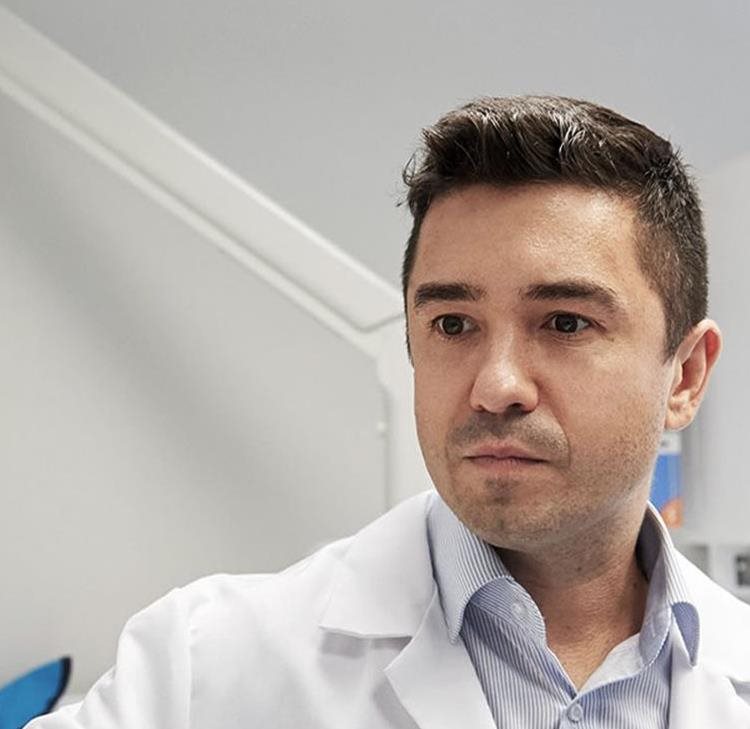Shared Insights: The Mental Capacity Act - when to go to the Court of Protection - practical guidance for NHS Trusts
When NHS Trusts should consider going to the Court of Protection.
17 November 2020
These insights were shared at our fortnightly online forum for NHS professionals on 17 November 2020. To find out more please visit our Shared Insights hub.
David Edwards, Lawyer in the Official Solicitor’s (OS’) Healthcare and welfare team spoke with Chris Stark, Partner and Victoria Colclough, Senior Associate at Browne Jacobson about when NHS Trusts should consider going to the Court of Protection.
The Shared Insights were:
- Autonomy of the individual is very important, even when they lack capacity.
- Capacity is time and decision specific and assumed until established otherwise. Unwise decisions are not in themselves evidence of a lack of capacity.
- It is the person offering treatment who should usually carry out a capacity assessment. Specialist input can be obtained in difficult cases.
- Remember to assess against all elements of the two-stage test.
- The individual has to be able to understand the salient factors and not every aspect of a decision.
- Consider whether all practical steps been taken to facilitate capacity within the timescale available.
- When undertaking a capacity assessment, be sure to “show your working” i.e. that the individual has been provided with the necessary information. Include a detailed note, with information about how the individual has responded to that information.
- There are a number of situations where consideration needs to be given to bringing an application to the Court of Protection. Mr Justice Hayden set out his views in January 2020 in his guidance.
- Applications should be made in good time. The courts will be unsympathetic when an urgent application could have been avoided with appropriate planning. The Official Solicitor, Sarah Castle, is often appointed to act as litigation friend for cases coming to the Court of Protection (and especially in serious medical treatment cases), though there are other possible litigation friends.
- In serious medical treatment cases Trust’s usually have to agree to meet 50% of the OS’ reasonable costs.
- Some practical tips from the OS include making sure all relevant Trusts are in attendance, talk to the individual about the application being made (unless there is good reason not to) and have medical records ready to be disclosed.
Speakers

Victoria Colclough
Senior Associate

Chris Stark
Partner
Shared Insights
Our fortnightly online NHS forum for industry professionals.
Contact

Damian Whitlam
Partner
damian.whitlam@brownejacobson.com
+44 (0)330 045 2332
Contact Damian

Nicola Evans
Partner
Nicola.Evans@brownejacobson.com
+44 (0)330 045 2962
Contact Nicola








































